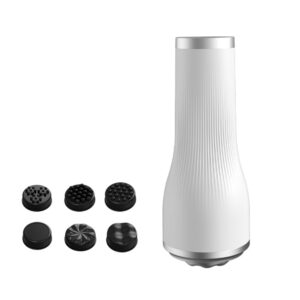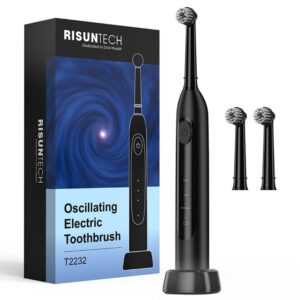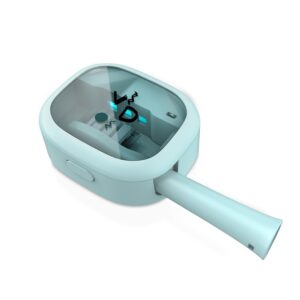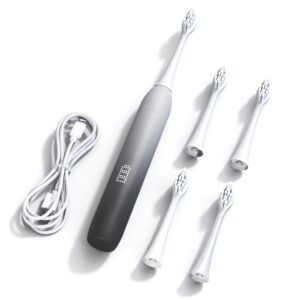Summary
Water flossers, also known as oral irrigators, have emerged as a popular alternative to traditional dental floss in the realm of oral hygiene. These devices utilize a stream of pulsating water to remove plaque and debris from between teeth and along the gumline, offering users an effective means of maintaining oral health. While both water flossers and traditional flossing methods are effective in plaque removal, research suggests that water flossers may be particularly advantageous for certain populations, including individuals with orthodontic appliances, limited dexterity, or periodontal disease.
Notably, studies have indicated that water flossers can remove up to 99.9% of plaque in treated areas and may be up to 29% more effective than traditional floss in overall plaque reduction. Moreover, their ability to reach deep into gum pockets makes them especially beneficial for individuals suffering from gum disease, as they can help reduce inflammation and bleeding that traditional floss may not adequately address. However, despite these advantages, traditional flossing remains a cost-effective and widely accessible method for maintaining oral hygiene that many dental professionals still advocate as the gold standard for thorough plaque removal.
The ongoing debate surrounding the efficacy of water flossers compared to traditional flossing is characterized by both promising research and skepticism among dental professionals. While numerous studies support the benefits of water flossers, particularly in reducing gingivitis and promoting gum health, some experts caution against relying solely on these devices, emphasizing the importance of traditional flossing in a comprehensive oral care regimen. As individuals evaluate their oral hygiene practices, it is essential to consider personal preferences, dental needs, and the recommendations of healthcare providers to determine the most effective approach.
Table of Contents
Benefits of Water Flossers
Water flossers, also known as oral irrigators, provide a range of advantages in oral hygiene compared to traditional dental floss. Research indicates that both methods effectively remove plaque and debris; however, water flossers may demonstrate superior efficacy in specific scenarios.
Effective Plaque Removal
Studies have shown that water flossers can remove up to 99.9% of plaque from treated areas, significantly aiding in the prevention of cavities and gum disease. In particular, the Waterpik® Water Flosser was found to be 29% more effective than string floss for overall plaque removal and demonstrated even greater effectiveness on specific tooth surfaces.
Enhanced Accessibility
Water flossers are often easier to use for individuals with limited dexterity, such as those with arthritis or certain dental appliances. The gentle nature of the water stream makes it a more comfortable option for many users, reducing the likelihood of discomfort that can sometimes occur with traditional flossing methods.
Deep Cleaning Capabilities
One of the standout benefits of water flossers is their ability to reach deep within gum pockets, which is crucial for individuals suffering from periodontal disease. Water flossers can navigate these pockets effectively, helping to reduce inflammation and bleeding that traditional floss may not adequately address. They are also particularly beneficial for patients with braces or other dental work, as they can clean around appliances that are difficult to reach with string floss.
Reduction of Bacteria
Using a water flosser helps to remove food debris and bacteria that a toothbrush or traditional floss may miss. This is especially important for older adults, whose gums may recede over time, leading to increased spaces between teeth that can harbor food particles and bacteria. Regular use of a water flosser contributes to improved gum health and overall oral hygiene.
User-Friendly Design
Modern water flossers come with various features designed to enhance user experience. These include adjustable pressure settings to customize the flow of water based on individual comfort levels, multiple attachments for different cleaning needs, and compact designs suitable for travel. Such features make water flossers an appealing choice for many people looking to maintain their oral health effortlessly.
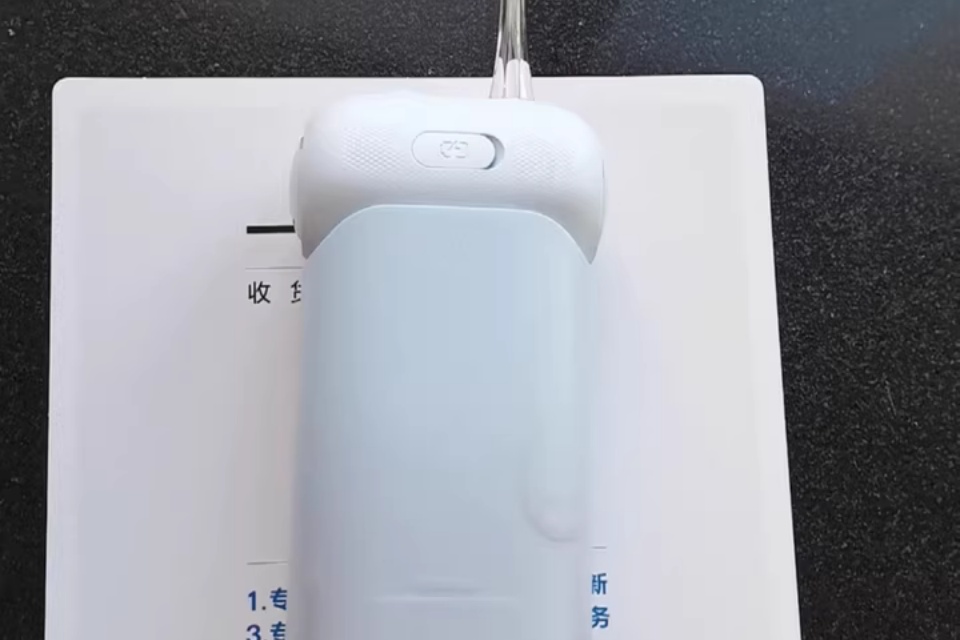
Benefits of Traditional Flossing
Traditional flossing is a time-honored method of maintaining oral hygiene and offers several advantages that contribute to optimal oral health.
Cost-Effectiveness
One of the primary benefits of traditional dental floss is its cost-effectiveness. Dental floss is relatively inexpensive and provides an effective means of interdental cleaning without the need for additional equipment, making it accessible to a wide range of users.
Ease of Use
Flossing with traditional dental floss is straightforward and user-friendly. This ease of use makes it suitable for people of all ages, including those with orthodontic appliances such as braces. There is minimal learning curve associated with using traditional floss, which allows individuals to incorporate it easily into their daily oral hygiene routines.
Plaque Removal
Research indicates that traditional flossing is effective in removing plaque and food debris from between teeth and along the gumline. While water flossers may provide certain advantages in specific scenarios, traditional floss still plays a crucial role in maintaining oral health. Studies have shown that consistent use of dental floss helps prevent cavities and periodontal disease, reinforcing its importance in a comprehensive oral care regimen.
Accessibility
Traditional floss is widely available and can be found in most grocery and pharmacy outlets. This accessibility ensures that individuals can easily obtain and use dental floss as part of their oral hygiene routine, contributing to its enduring popularity among dental care tools.
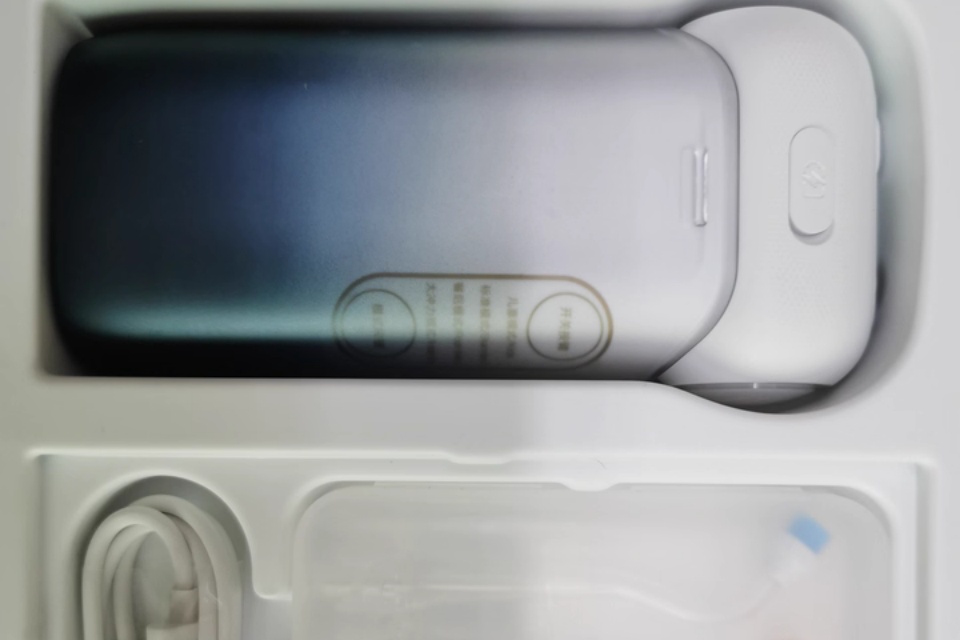
Comparative Studies
Research comparing the efficacy of water flossers (WFs) to traditional flossing methods has produced compelling evidence suggesting that WFs may offer superior outcomes in managing oral health, particularly regarding gingival health and plaque removal. One notable study demonstrated that the mean percentage reduction in the gingival index, plaque index, and bleeding on probing scores was significantly higher in participants using a WF in conjunction with toothbrushing compared to those who relied solely on toothbrushing or those using dental floss alongside toothbrushing.
Efficacy of Water Flossers
Several clinical trials have reinforced the potential advantages of WFs over traditional flossing. A 2023 study involving 105 participants showed that WFs led to a 51% greater reduction in gingivitis compared to string floss, indicating their effectiveness in promoting periodontal health. Moreover, data from a series of randomized controlled trials highlighted that WFs are effective in removing subgingival bacteria and reducing inflammation, which are critical factors in periodontal disease management.
Plaque Removal and Gingivitis Reduction
While traditional studies have varied in their findings regarding plaque removal efficacy, many contemporary studies suggest that WFs can achieve substantial plaque reduction comparable to, or exceeding, that of conventional flossing methods. For instance, some research indicates that despite inconsistencies in plaque index parameters, WFs consistently reduce gingivitis levels regardless of their direct impact on plaque accumulation.
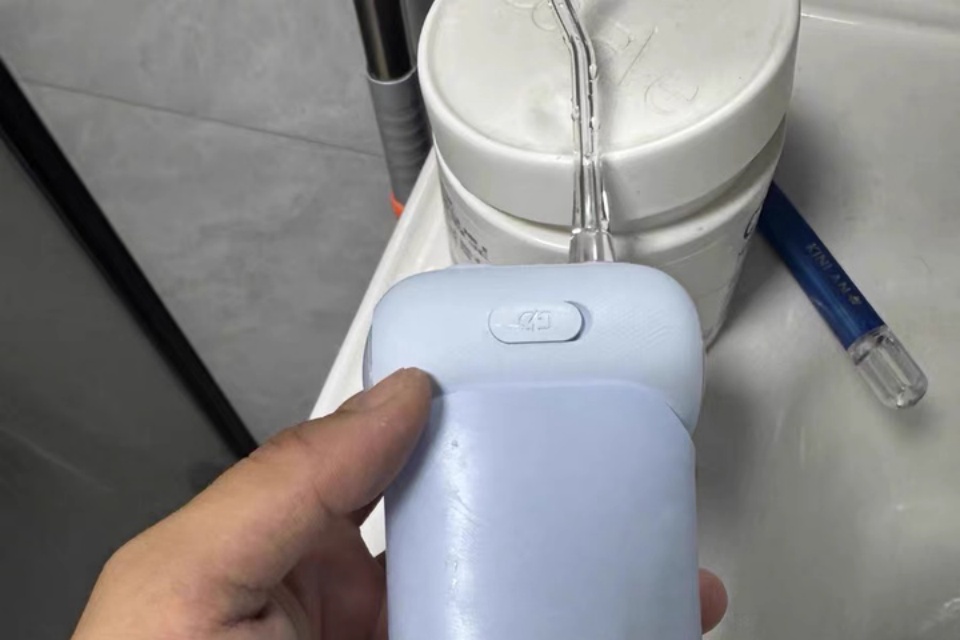
Limitations and Considerations
Despite the positive outcomes associated with WFs, it is essential to note that much of the existing research has primarily focused on one brand, WaterPik, which raises questions about the generalizability of the findings to other devices and brands. Furthermore, there remains skepticism among some dental professionals regarding the overall safety and efficacy of oral irrigation devices, despite a robust body of evidence supporting their use. The literature emphasizes the need for further comparative studies to ascertain the effectiveness of various WF models and their specific design features, as these could influence clinical outcomes.

Recommendations by Dental Professionals
Dental professionals generally endorse both traditional flossing and water flossing, noting the specific contexts in which each method may be more beneficial. Many experts recommend water flossers, especially for individuals who may struggle with traditional flossing techniques due to dexterity issues, such as those with arthritis, or for patients with orthodontic appliances like braces. A study highlighted that the combination of manual tooth brushing and water flossing significantly outperformed exclusive manual brushing, as it effectively reduced gingival bleeding and improved overall gum health over a four-week period.
According to dental hygienists, water flossers can be particularly advantageous for patients with specific dental needs, as they provide a gentle and efficient way to clean between teeth and below the gumline. Additionally, water flossers are viewed as a useful adjunct to regular dental care, as their pulsating action not only helps in plaque removal but also promotes better gum health by stimulating circulation in the gum tissue.
Conversely, traditional flossing remains a critical component of oral hygiene routines for many individuals. It is still regarded as the gold standard for thorough plaque removal, particularly in areas where water flossers might not be as effective. For those who can maintain good hand control and do not have significant dental work, dental professionals often recommend traditional floss as the most effective means of preventing gum disease and ensuring comprehensive oral hygiene.
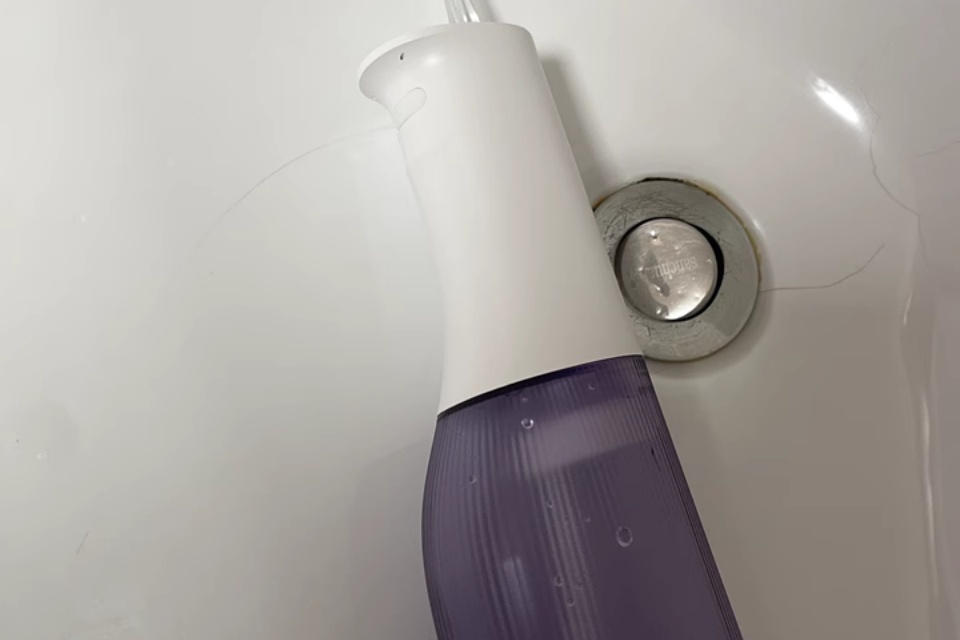
Considerations for Use
When deciding between a water flosser and traditional flossing, several practical considerations should be taken into account to ensure effective oral hygiene practices.
Consistency and Habit Formation
Adopting a water flosser as part of one’s daily oral hygiene routine comes with its challenges. Consistency is critical; skipping sessions due to factors such as fatigue or travel can undermine the effectiveness of water flossing. Users must actively work to build this habit, as the success of water flossing relies heavily on regular use.
Accessibility and Cost
Accessibility remains a significant barrier for many potential users. The upfront cost of purchasing a water flosser can feel prohibitive, especially for those on tight budgets. However, it’s important to consider the long-term savings associated with preventing periodontal disease, which can spare patients thousands in dental treatments, from deep cleanings to surgical interventions.
Innovations in Water Flossers
Recent innovations have significantly enhanced the functionality of water flossers. Many contemporary models now feature adjustable pressure settings, specialized nozzles for orthodontic or periodontal care, and sleek, cordless designs that offer convenience for users. For example, Oracura’s product line emphasizes portability and user-friendliness, catering to those with busy lifestyles.
Endorsement by Dental Professionals
Dental professionals increasingly endorse water flossers as a vital tool for patients, particularly those prone to gingivitis or periodontitis. This is especially relevant for individuals with dental restorations or orthodontic appliances, as water flossers can effectively clean areas that traditional floss might miss.
Research and Efficacy
Studies comparing the efficacy of water flossers and traditional floss have shown varying results. For instance, a randomized clinical trial highlighted the effectiveness of both water jet flossing and conventional interdental flossing in maintaining oral hygiene among orthodontic patients. However, the debate continues, with some studies noting skepticism regarding the overall safety of irrigation devices despite their growing popularity and endorsement in clinical settings.
Ultimately, the choice between water flossers and traditional flossing methods will depend on individual dental needs, preferences, and lifestyle considerations. Users should consult with dental professionals to determine the best approach for their oral health routine.




